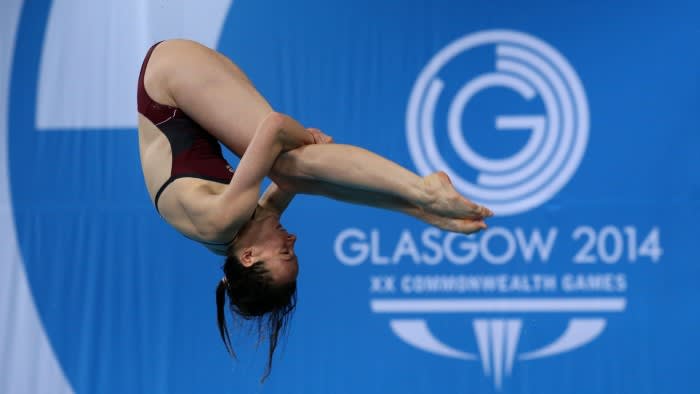Unlock Editor’s Digest for free
FT Editor Roula Khalaf selects her favorite stories in this weekly newsletter.
Glasgow is set to host a Commonwealth Games in 2026 after the Scottish government agreed to a rescue package backed by a multi-million pound investment from the Australian authorities.
Neil Gray, health minister, said on Tuesday that he had written to Commonwealth Games Scotland in support of his proposal, after detailed consideration of a “reduced version” of the event.
Glasgow, which hosted the competition in 2014, stepped in when the Australian state of Victoria withdrew its bid last year, citing the spiraling cost of hosting the games.
No public funding would be needed, Gray said, amid concerns over the cost of holding the games as public services face £500m of spending cuts this year in Scotland.
Most of the costs will be borne by the Commonwealth Games Federation, using compensation paid by the Victorian government after it canceled the 2026 event.
A multi-million pound investment from Commonwealth Games Australia, which will be finalized “shortly”, has been agreed in recognition of the importance of the games to the Australian sports system, Gray said.
The CGF has provided a further £20 million to support delivery, including £5 million for Glasgow City Council to upgrade its facilities and fund a program of cultural events.
The British government has also agreed to £2.3mn in contingency funding in case existing budgets fail to cover the final costs.
Gray, answering a question at Holyrood, said the Glasgow games had received an additional £24m of funding commitments since negotiations began for an emergency package to pay for the event.
The package will be bolstered by commercial income from ticketing, sponsorship, hospitality and merchandising. Gray added that the event “will help support a new future for the Commonwealth Games and provide economic and sporting opportunities for Scotland”.
The competition was known as the British Empire Games when it began in Canada in 1930, amid fears that the United States would dominate the Olympics. In recent years, the Commonwealth Games have come under pressure due to colonial origins and a lack of willing host countries.
The games’ reliance on public funds had been exposed before Victoria chose to withdraw as host of the 2026 edition. The South African city of Durban was meant to hold the 22nd games in 2022, which was instead moved to Birmingham due to ‘financial constraints’.
Despite the challenges, the Commonwealth Games won applause for having an impact on cities that will struggle to justify the expense of hosting world events, such as the soccer World Cup or the Olympics.
The event is also an opportunity to compete for athletes in countries that have historically struggled to win medals in the Olympics.
“The reimagined model will help inform future games . . . and encourage hosting for 2030 and beyond,” Gray said.
